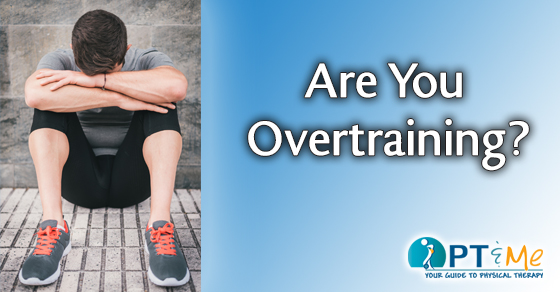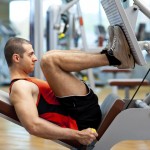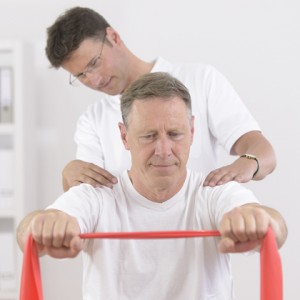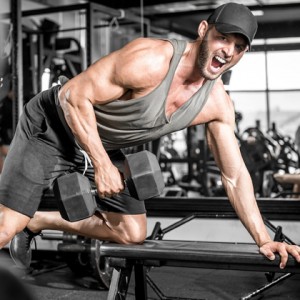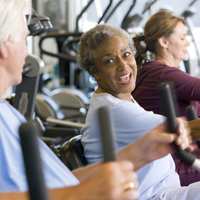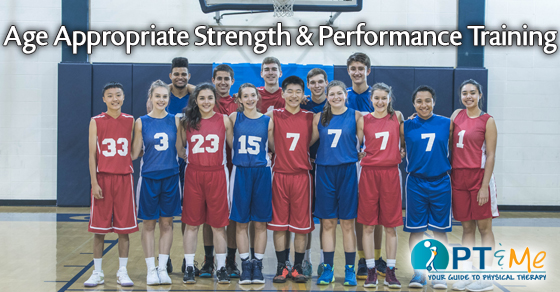
In recent years there has been discussion on training for our adolescent athletes and what is appropriate, whether it be how much, how soon, how specialized? Here are some answers to common strength training questions we hear:
When Can My Athlete Start Lifting Weights?
The NSCA’s position statement states pre-adolescence (7-8 y/o) is a safe age to begin resistance training with graduated modalities and loads. Basically, if the athlete is ready for organized sports, they are ready for some kind of resistance training.
Why Can’t I Just Buy a Blu-Ray Workout for My Adolescent to Train By?
No athlete is the same, and doing a cookie-cutter workout without properly screening for potential injury risk would be negligent. The risk is too great to potentially hurt an athlete by trying to perform exercises their bodies cannot physically handle.
What Should I Look for with Overtraining?
Ongoing decreased performance on field. Often injured or sick. Disengagement from sport and school. Mood swings. Physically tired all the time. Sleep issues. Overreactive emotional response to failure. Depression. Nutrition issues.

A strength training and conditioning specialist can screen each athlete’s movements in order to determine a baseline level of movement and strength. They then develop exercises and drills that will enhance the good movement qualities while addressing any bad motor patterns that may exist. Main components that are often noticed by trained professionals are mobility(flexibility) and stability (strength) issues.
For more on strength & conditioning or to inquire about training with the Center for Physical Rehabilitation at the Academy for Sports & Wellness, please visit: www.pt-cpr.com/academy

